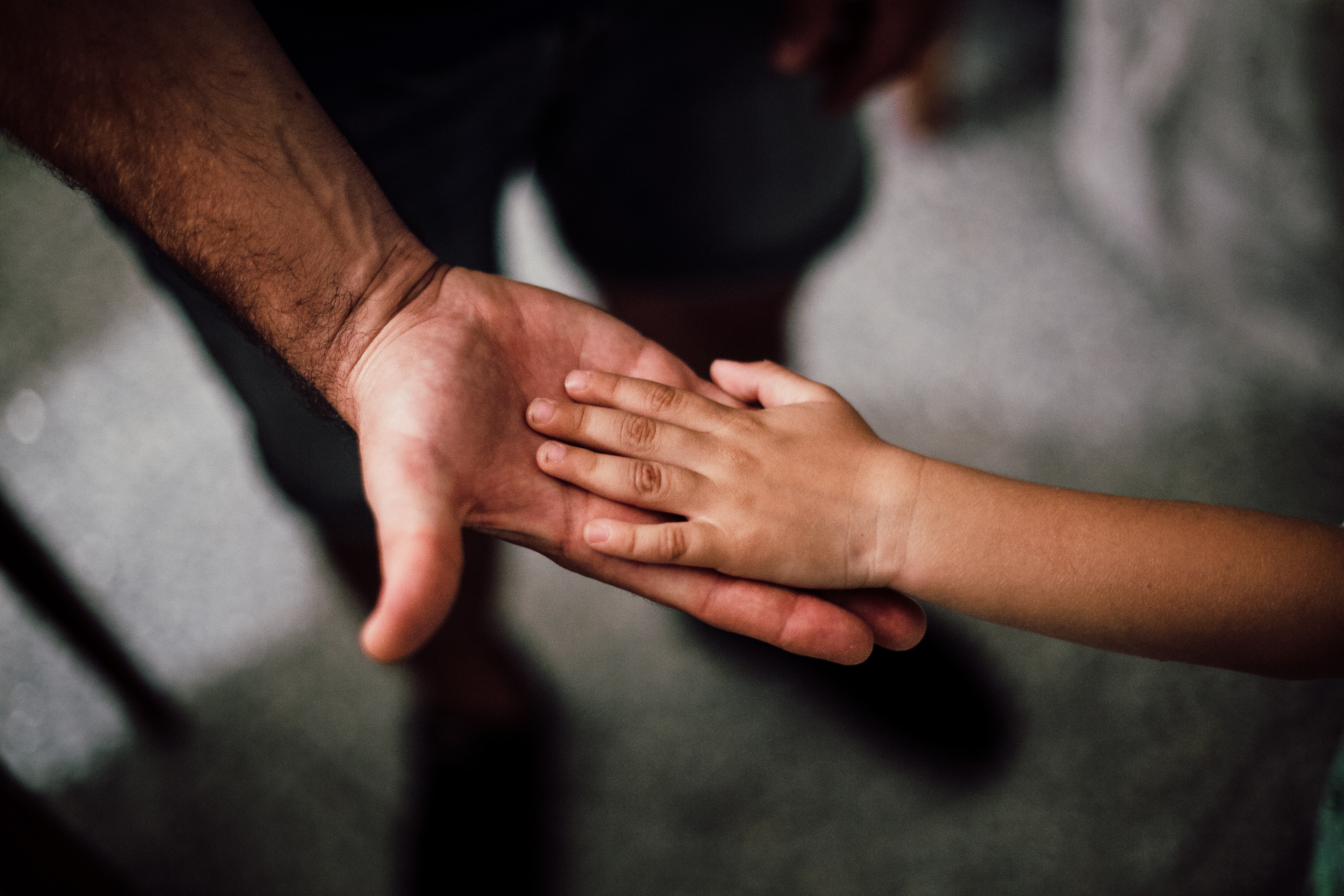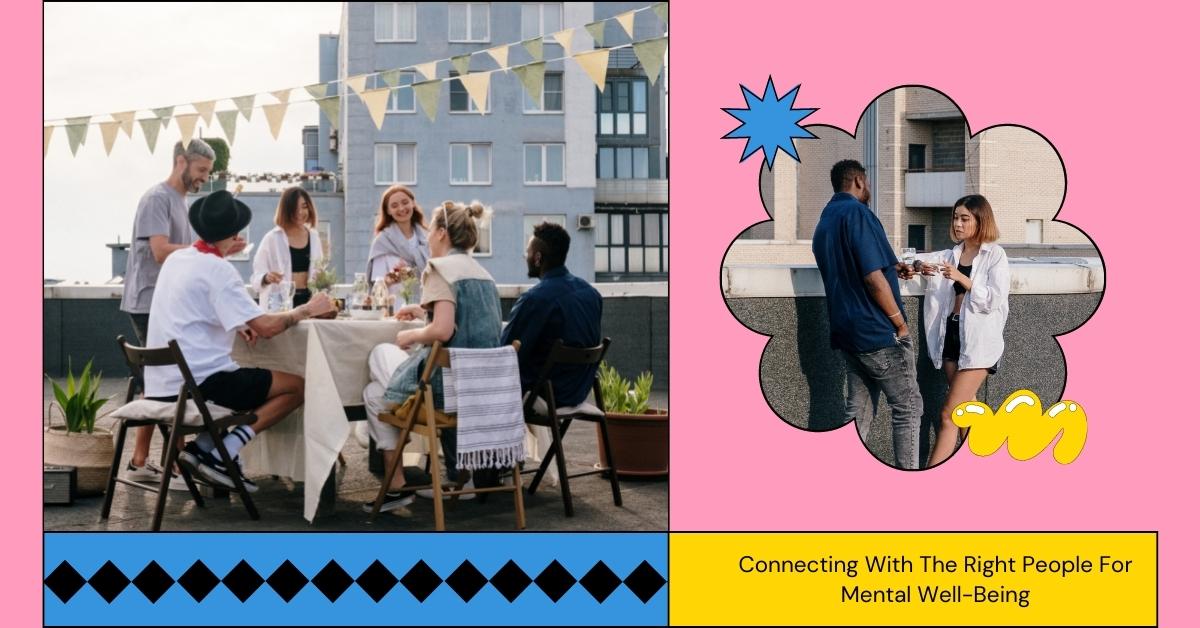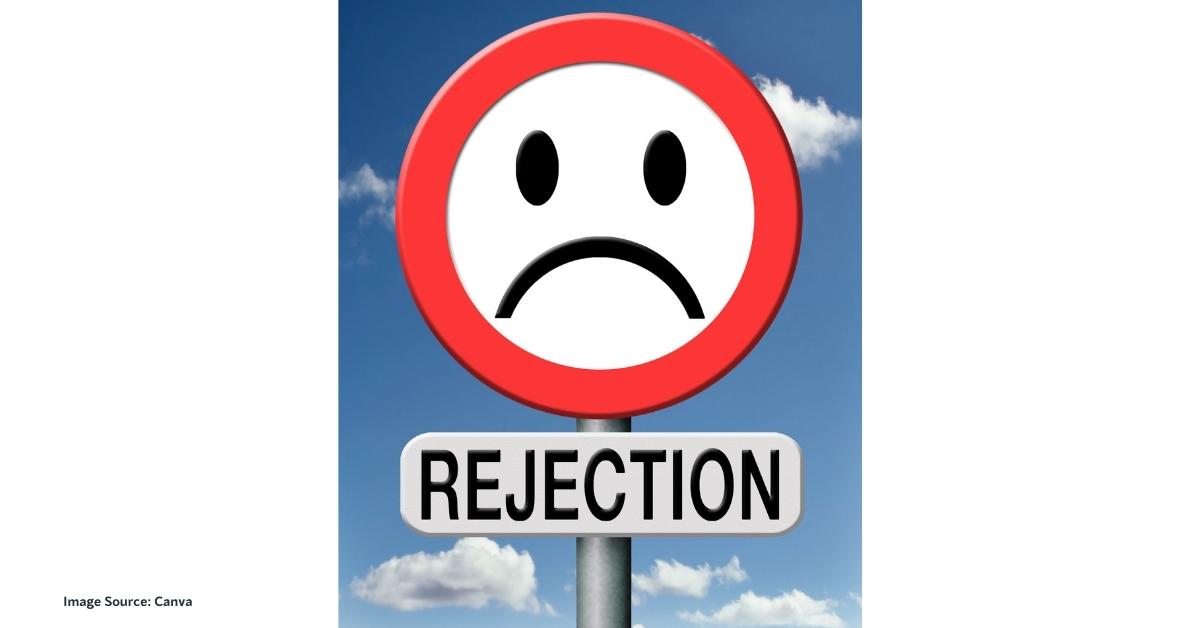Written by Vanshita Sharma | Reviewed By John Victor | Updated On December 4, 2022
.png)
Listen to this article in Audio
Relationships are diverse and atypical; every one of them has similar dynamics along with a dash of uniqueness. They need not be romantic to have an impact on us. A relationship with parents, with different friends, a superior, a subordinate, coworkers, and children all affect us as a person, and in turn, we affect them. For any relationship to be healthy and foster growth instead of being an obstacle, the most necessary is emotional boundaries.
I had no boundaries set. So, what happened? I was exhausted—all the time. If I interacted with more people on a particular day, I felt drained emotionally. If the other person is angry and frustrated, I would feel my mind and emotions in overdrive. I would try to make the other person feel better, try to find the cause of it all, and try to be there for them even when I know I’m not feeling well. And where did it leave me? Nowhere. I felt trapped in other people’s emotions.
I thought I just felt everything too strongly. How utterly wrong I was. Relationships don’t leave us frazzled and enervated; they facilitate us to grow and provide the support system we need. This was totally the opposite in my case. So, I paused and let myself see what was actually happening without associating any feelings with it. I realized how necessary it is to have emotional boundaries.
On the surface value, they might seem physically distancing from the person we have difficulty dealing with, building a kind of barrier to supposedly protect us from the toxic relationships, blocking the said person, and settling at a “fake” relationship. All these measures might seem like the solution. However, they might feed into the emotional imbalance and exhaustion we were already feeling.
Whenever we feel responsible for another’s feelings, let them dictate our own feelings, sacrifice our own needs to please them, blame others for our problems, and accept responsibility for theirs, our boundaries are violated or in other words, either we have no emotional boundaries set, or they are fragile. Emotional boundaries are “what’s okay for me and what’s not.” They are a kind of filter between our emotions and that of the other person.
The lack of such boundaries leads to unhealthy and unsatisfying relationships, along with varying levels of codependency. Such relationships are conducive to the emotional exhaustion or burn out we feel after interacting with people. Setting emotional boundaries doesn’t mean separation or division; it’s just respect for others and ourselves. It means understanding the essence of saying no and yes in the face of varying challenges, opportunities, and behaviors. According to the work of family therapist Sarri Gilman, setting boundaries is the key to self-care and self-love.
Healthy boundaries are about us, not other people. Hence, with boundaries, we make requests of others that they have a choice to honor or not. However, it’s often confused with controlling others which is not healthy. A healthy boundary sounds like: “I’m not drinking because I’m not feeling well.” On the other hand, control sounds like this: “Since I can’t drink, you shouldn’t drink either.” Thus, boundaries are not ways to control other people. If you find difficulty maintaining healthy emotional boundaries its always a good option seek help from a psychologist who can help you understand the causes and how to set bounadries.
“Daring to set boundaries is about having the courage to love ourselves even when we risk disappointing others.”
- Brené Brown
.jpg)
Break-Ups-Relationships
Relationship Jet Lag - From Being Together To Being Apart
Break-Ups-Relationships
Why Should You Appreciate Your Children?
Break-Ups-Relationships
Connecting With The Right People For Mental Well-Being
Break-Ups-Relationships
Rejection Sensitivity And It's Impact On Relationships